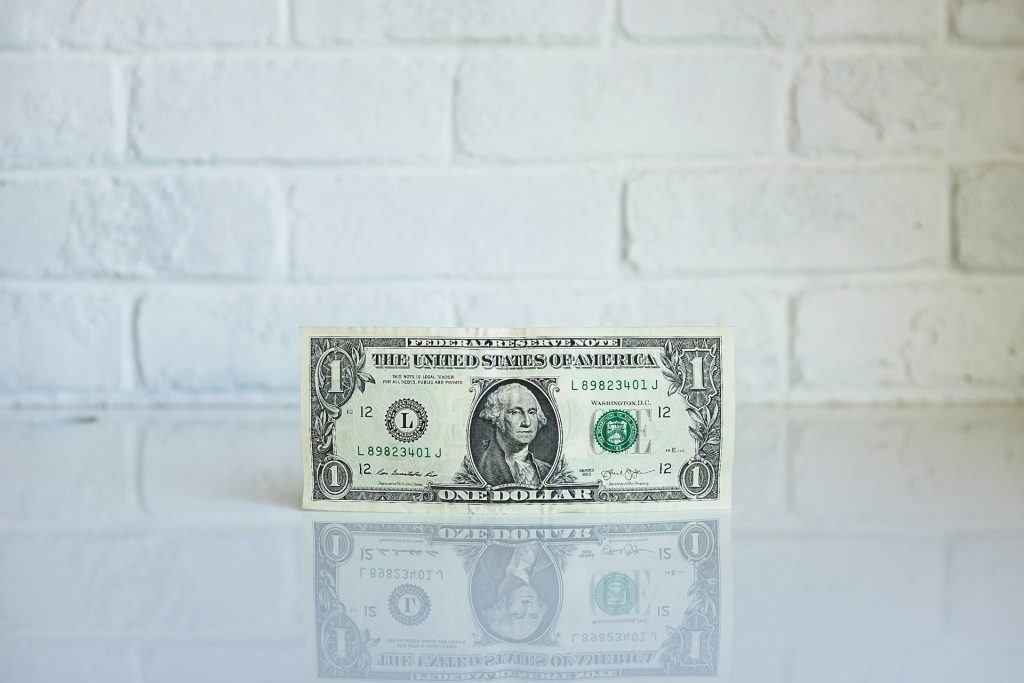
When you think about hidden fees, you probably picture those annoying little charges that show up on your bank statement or cell phone bill. But not all hidden fees are labeled as “fees.” Some are buried in the fine print, disguised as something else, or simply not called a fee at all. These sneaky charges can quietly drain your wallet, making it harder to stick to your budget or reach your financial goals. If you’ve ever wondered why your expenses seem higher than expected, these hidden fees might be the reason. Knowing what to look for can help you keep more of your money. Here are seven hidden fees that aren’t labeled as fees at all—and what you can do about them.
1. Early Termination Penalties
You sign up for a service—maybe a gym membership, a streaming platform, or a cell phone plan. Everything looks good until you try to cancel before the contract ends. Suddenly, you’re hit with an “early termination penalty.” It’s not called a fee, but it works the same way. Companies use this to lock you in and make leaving expensive. Before you sign any contract, check for these penalties. Ask how much it costs to cancel early. If the answer isn’t clear, get it in writing. This simple step can save you from a nasty surprise later.
2. Minimum Balance Requirements
Banks love to advertise “free” checking or savings accounts. But many of these accounts require you to keep a minimum balance. If your balance drops below that amount, you might get charged a “maintenance” or “service” charge. It’s not called a fee upfront, but it’s money out of your pocket. Always read the account terms. If you can’t keep the minimum balance, look for a truly free account. Some online banks offer accounts with no minimums and no hidden fees.
3. Resort and Facility Charges
You book a hotel room for a great price. When you check out, you see a “resort charge” or “facility fee” on your bill. These charges cover things like pool access, Wi-Fi, or gym use—even if you never used them. Hotels often don’t call these “fees” in the booking process, so they’re easy to miss. Always ask about extra charges before you book. Read the fine print on your reservation. If you’re not using the amenities, ask if the charge can be removed. Sometimes, just asking works.
4. Shipping and Handling Markups
Online shopping is convenient, but watch out for “shipping and handling” costs. Some retailers add extra charges that go beyond the actual cost of shipping. They might call it a “processing” or “handling” charge. It’s not labeled as a fee, but it increases your total cost. Before you buy, check the final price—including all charges. Compare shipping costs across different sites. Some stores offer free shipping if you spend a certain amount. Don’t assume the lowest sticker price is the best deal.
5. Credit Card Interest Rate Hikes
Credit cards come with a stated interest rate, but that rate can change. If you miss a payment or go over your limit, your rate might jump. This isn’t called a “fee,” but it costs you more money. Some cards also have “penalty APRs” that kick in after a single mistake. Always read your credit card agreement. Set up payment reminders to avoid late payments. If your rate goes up, call your card issuer and ask if they’ll lower it. Staying on top of your payments helps you avoid these hidden fees.
6. Foreign Transaction Surcharges
Traveling abroad or shopping on international websites? You might see a “foreign transaction surcharge” on your credit card statement. It’s usually a percentage of your purchase, but it’s not always called a fee. Sometimes it’s buried in the exchange rate or listed as a “conversion charge.” To avoid this hidden fee, use a credit card that doesn’t charge for foreign transactions. Many travel cards offer this perk.
7. Automatic Renewal Price Increases
You sign up for a subscription at a great introductory rate. When the renewal comes around, the price jumps—sometimes by a lot. Companies rarely call this a “fee,” but it’s an extra cost you didn’t expect. These increases are often buried in the terms and conditions. To avoid this, set calendar reminders for renewal dates. Review your subscriptions regularly. If you see a price increase, contact the company and ask for the original rate or cancel before you’re charged. Staying alert helps you avoid paying more than you planned.
Protecting Your Wallet from Hidden Fees
Hidden fees are everywhere, and they’re not always called “fees.” They show up as penalties, surcharges, or price increases. The best way to avoid them is to read the fine print, ask questions, and stay alert. Don’t be afraid to challenge charges you don’t understand. The more you know about hidden fees, the better you can protect your money. Small steps—like checking your statements and asking about extra costs—can make a big difference over time.
Have you ever been surprised by a hidden fee that wasn’t labeled as a fee? Share your story in the comments below.
Read More
“Convenient” Services That Lock You Into Lifelong Fees
7 Retirement Accounts With Fees So High They Cancel Out the Growth
The post 7 Hidden Fees That Aren’t Labeled as Fees at All appeared first on The Free Financial Advisor.







